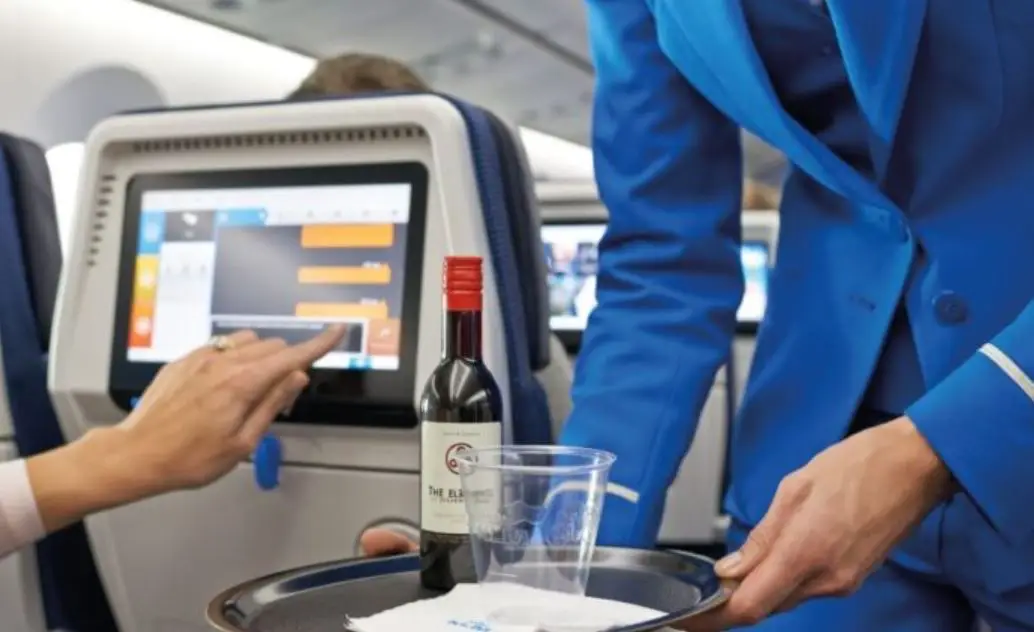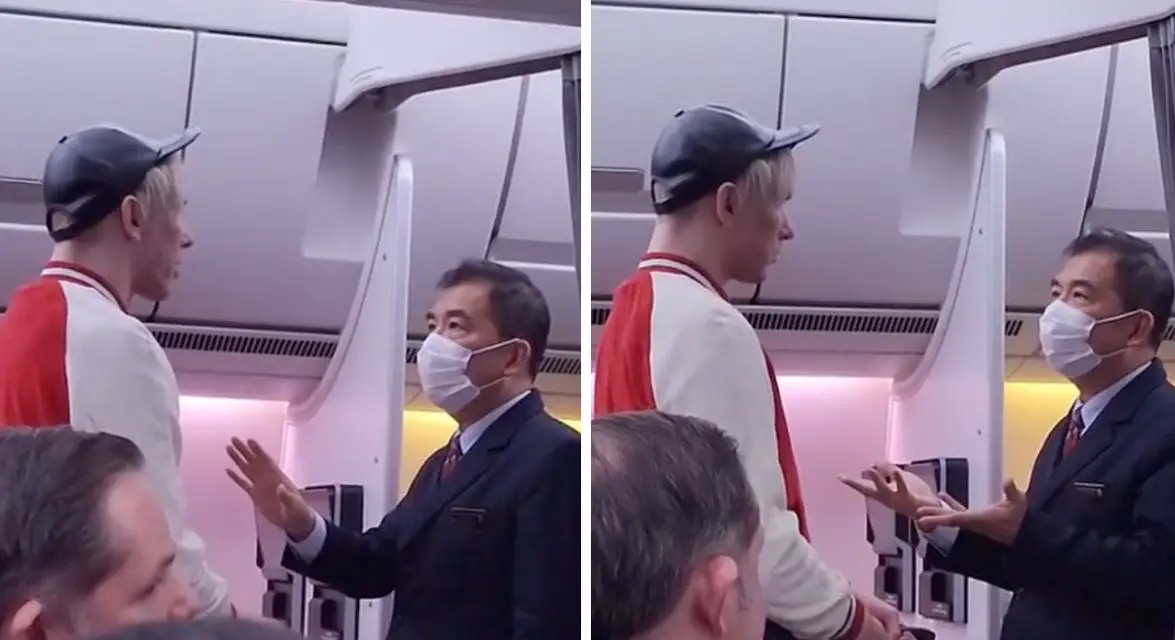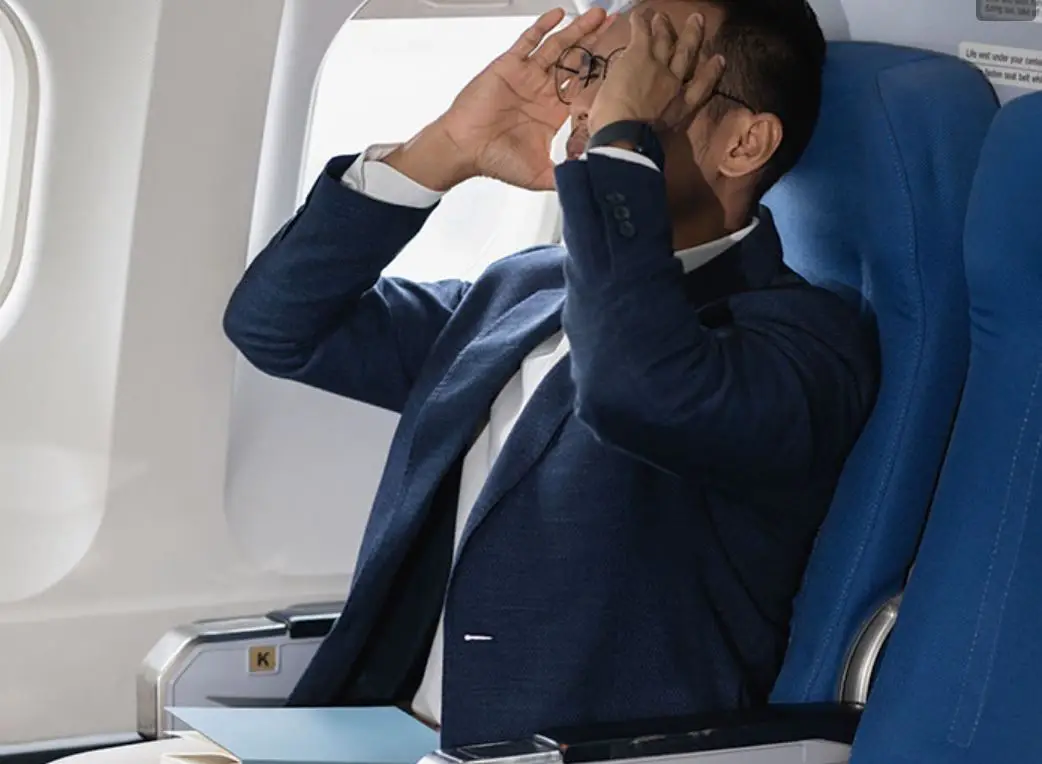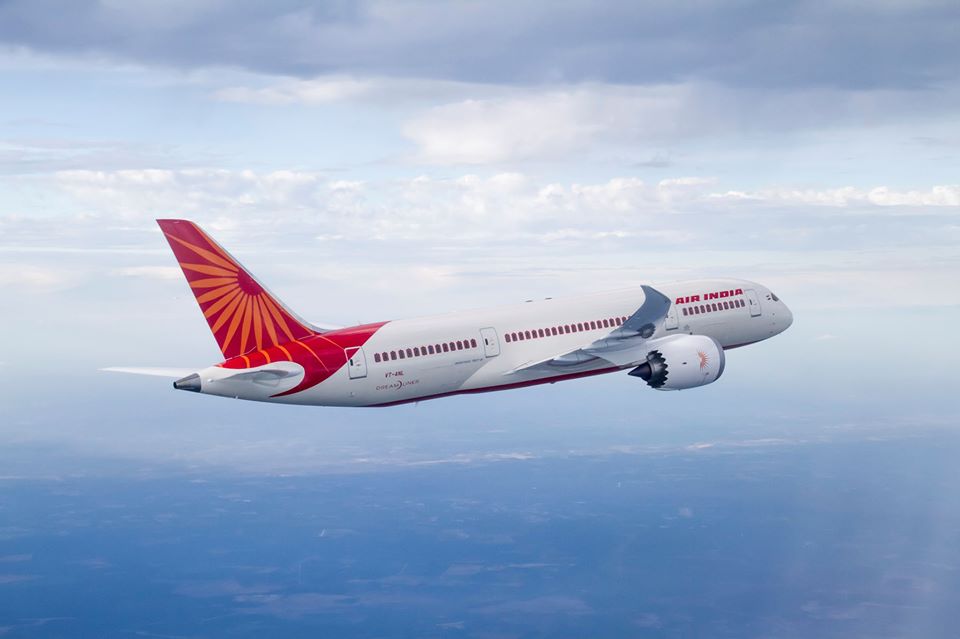The first documented case of air rage was recorded in 1947 on a flight from Havana, Cuba to Miami, Florida USA, when a man who was drunk, assaulted another passenger and a flight attendant.
USA TODAY reported that the Federal Aviation Administration (FAA) has referred more than 310 cases of air rage to the FBI since 2021. Among the cases are incidents of assault, sexually inappropriate behavior and multiple attempts by passengers to breach the flight deck or open exit doors.
“There’s absolutely no excuse for unruly behavior,” FAA said. “It threatens the safety of everyone on board and we have zero tolerance for it.”
During the pandemic, non-wearing of masks caused the most number of incidents onboard — leading to flight delays, confrontations, and aggravated passengers. Incidents of non-compliance include smoking or vaping in the cabin or lavatories, failure to fasten seat belts, exceeding the carry-on baggage capacity or failing to store it when required and consuming alcohol.
Problem of intoxication
Midflight meltdowns have been getting worse during the summer of 2024, according to Ryanair’s chief executive, Michael O’Leary commented to The Independent. He said that air rage is now causing serious problems on its flights at a rate of about one a week – with much of the disruption triggered by alcohol.
The availability of alcoholic beverages on airlines and at airports enables passengers to drink excessively before and during flights. Flight attendants have the ability to keep track of how many drinks are served to passengers while on board an aircraft but it can go out of control.
Professor Jeffrey Price, an aviation expert at the Metropolitan State University of Denver told Newsweek that the cabins of airliners are pressurised to an equivalent altitude of some 10,000 feet, increasing the effects of alcohol.
“Whereas someone might be ‘OK,’ having a couple of drinks at sea level, once they’re in an air-pressured cabin…the effects of those drinks amplify,” he said. “Also, it is not uncommon for people [on flights] to mix prescription drugs and alcohol, which we know they shouldn’t, but it happens.”
It’s the destination
But a leading aviation security expert Philip Baum, visiting Professor of Aviation Security at Coventry University, said that the destination is the critical issue, rather than the airline. He said: “There is a clear problem on carriers – often budget – operating to locations such as Ibiza, Prague, Las Vegas and some Spanish destinations where midflight meltdowns are more frequent.
“It’s important to stress that alcohol, whilst often cited as the cause, may well be a contributory factor,” he said. “Yet most people can drink and not become unruly unless egged on by peer pressure.”
Markus Schuckert, an expert in tourism transport, told the South China Morning Post that on Asian airlines, where air rage incidents are rarer, the air rage incidents that do occur arise from inexperience and lack of knowledge about the restrictions involved. In China, where Schuckert said that some passengers have been known to do things like open cabin doors while the plane was taxiing to let hot air out, or throw coins in the engines for good luck.
Increasing trend of social media highlighting bad behaviour
There is definitely a rise in videos on social media channels of unruly behaviour on flights as fellow passengers post such videos almost immediately and these videos go viral quickly. Airlines and authorities then have to respond swiftly and issue press statements on actions taken. Before the era of Tik Tok and Instagram, such incidents would have gone under the radar and go unreported.
On why unruly passengers are so captivating on social media, University of Texas Dallas sociology professor Sheryl Skaggs told Newsweek: “People want to share the experiences as a way to highlight the extent of bad behavior, almost as a shaming mechanism.….there is some satisfaction with bringing this to the public eye.” she said.
But such incidents take a toll on the mental health of flight attendants— nearly 8 in 10 of whom are women, according to the FAA. Skaggs said. “There’s definitely a gender process at play here; A lot of people think that they can be more aggressive toward female flight attendants.”
Reclining seats
Condé Nast Traveler reported that flight experts claim that the reclining seat could be scrapped from economy class amid soaring concerns over space, fuel costs and even inflight brawls. The logic is that non-reclining seats require fewer mechanical bells and whistles, thereby reducing their weight. That, in turn, lightens the overall load on airplanes, effectively scaling back costs.
When reclining inconveniences and disturbs the passengers behind especially at meal times, then it becomes problematic and this could lead to quarrels. Flight crew in the US are known not to intervene and leave it to the passengers to resolve this issue themselves whilst crew in Asian airlines are likely to assist in such situations according to this writer’s personal experience.
Emotions running high post-pandemic
Emotional factors trigger unruly behavior especially in increasingly stressful times. These include mental health issues, anxiety (including a fear of flying), fatigue and frustration.
These can result from personal issues or from travel related dissatisfiers such as pre-boarding issues including long queues, departure delays (and the lack of timely information) and missed connections especially with the increase of frequency of flights post-pandemic and airlines are short-staffed.
Post-boarding issues include lack of personal space, equipment not working (such as inflight TV monitor) and probably the worst of all – annoying individuals in one’s vicinity (loud or boisterous passengers, seat kickers, crying babies etc).
According to some researchers, the ever-shrinking personal space available and visible inequality between seat classes on flights may also be responsible for an increase in air rage incidents.
New regulations required
Policy changes have been commonly suggested to address the growing problem of unruly passengers. These include the stricter screening for intoxicated passengers. Several airlines have also begun limiting or discontinuing in-flight alcohol sales, especially on short-haul flights.
Financial penalties for disruptive passengers could be increased. Governments and regulatory should definitely consider the possibility of criminal charges and jail time for those who endanger the safety of a flight.
In the US, passengers who exhibit unruly conduct on a plane can face civil penalties up to $37,000 per violation but can also face criminal prosecution and prison sentences. Airlines can also choose to ban the problem passengers from future flights.
Educational campaigns are also important in increasing awareness of passengers about the risks and consequences of disruptive behavior.
In November, the DisPax World 2024 conference on disruptive passengers will be held for the first time in Asia in Bangkok The conference will explore the broad range of causes of unruly behaviour inflight, the responses available and the legal implications for carriers and states.
Singapore jails inflight thieves
Recent cases in 2024 of passengers being jailed for committing crimes whilst onboard flights to Singapore include three men who were jailed in Singapore between seven and 30 months for stealing. These men were charged in accordance with Section 3 of the Tokyo Convention Act 1971.
Part One of the article here:
Unruly behaviour from airline passengers on the rise (Part 1)
















